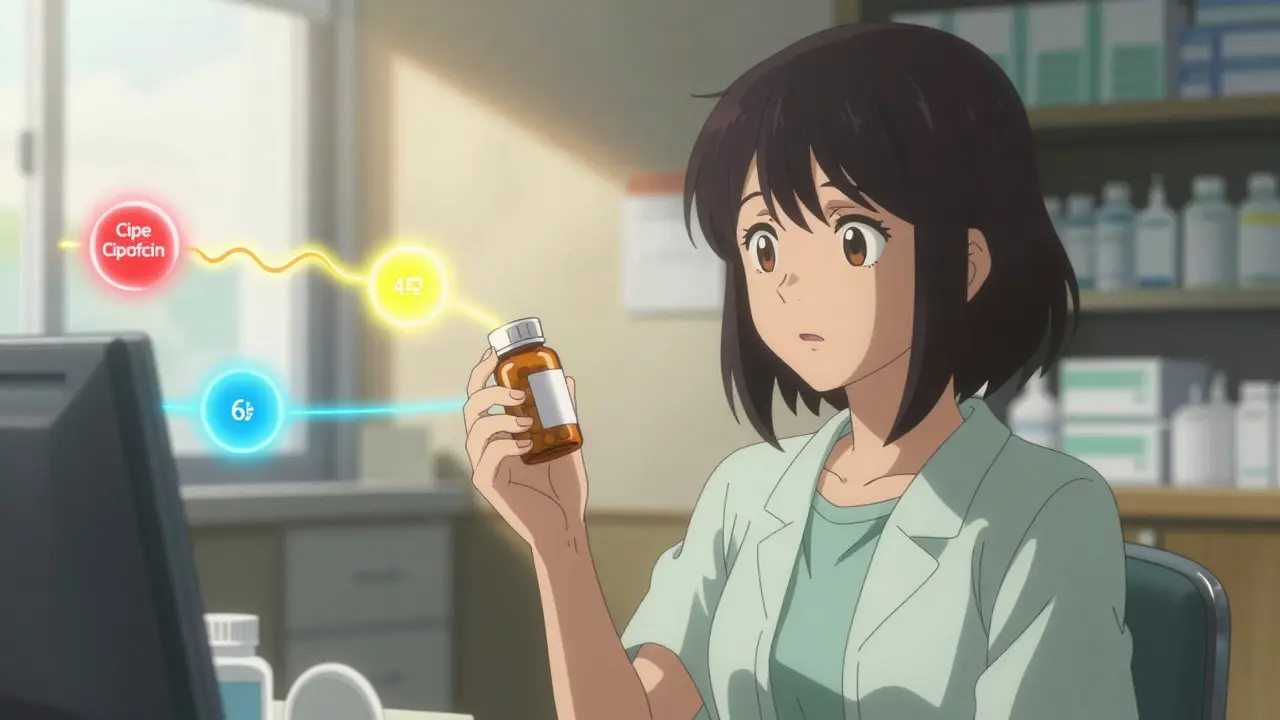Adverse Drug Reactions: What They Are and How to Spot Them
When you take a medication, you expect it to help—not hurt. But adverse drug reactions, unintended and harmful responses to a medicine at normal doses. Also known as drug side effects, they can range from a mild rash to heart failure or internal bleeding. These aren’t just random bad luck. They’re predictable, preventable, and often missed because people assume discomfort is just part of treatment.
Some drug interactions, when two or more medications clash in the body turn safe drugs into dangerous ones. Take heart meds like diltiazem or verapamil—they can become risky when mixed with statins or certain antibiotics. Or consider medication safety, the practice of using drugs in ways that minimize harm for seniors. Drugs like benzodiazepines or antidepressants increase fall risk, but many older adults don’t realize their dizziness isn’t just aging—it’s the pill.
Not every side effect needs panic. Some, like dry mouth from blood pressure meds, are annoying but harmless. Others, like unexplained bruising on blood thinners or sudden mood swings from mood stabilizers, demand immediate attention. The line between tolerable and dangerous isn’t always clear, which is why knowing your body and your meds matters. You shouldn’t have to guess whether your fatigue is from stress or your new antidepressant.
What you’ll find here aren’t theoretical warnings. These are real stories from people who lived through bad reactions—and the experts who helped them recover. You’ll see how cabergoline can affect heart valves, why certain antibiotics trigger gut damage, and how even natural supplements like Hoodia or Acetyl-L-Carnitine can trigger unexpected responses. Some posts show how to spot early signs of liver stress from Depakote, others explain why athletes on anticoagulants need to rethink their workouts. This isn’t just a list of risks—it’s a toolkit for asking the right questions, tracking symptoms, and knowing when to push back.
Adverse drug reactions don’t happen in a vacuum. They’re shaped by age, other conditions, diet, even the time of day you take your pill. The articles below give you the facts—not fear—to make smarter choices. You don’t need to avoid medicine. You just need to understand it well enough to protect yourself.


